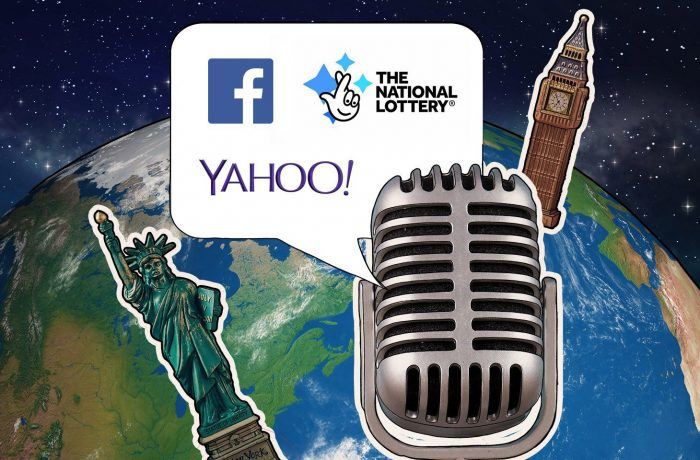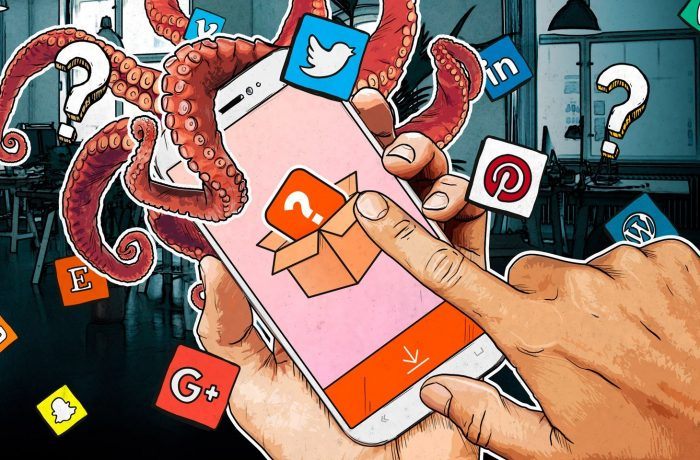
All posts
4086 articles


Everybody lies: What people are lying about on dating sites
Our research shows most users of online dating sites fudge information about themselves. Why they do it and what you can do about it.


Malware spread through PornHub
One of the most popular porn sites in the world was serving malware through ads to millions of its users.

Transatlantic Cable podcast, episode 5
The real scale of the Yahoo breach (spoiler: 3 billion), Facebook’s own Face ID, UK Lottery DDoS, and more.

Have you ever considered data as currency?
What if you could pay with your personal data for goods – as if it was some sort of currency? Sounds attractive… or scary?

It’s National Cybersecurity Awareness Month!
Let’s celebrate by sharing some advice with those who need it. Here are five tips you can use to help your friends and relatives stay safe online.

Cars of the future: A report from the Frankfurt motor show
The largest motor show in the world is the best place to see what cars will look like in the near future.

Why blockchain is not such a bad technology
Let’s talk about solving blockchain’s six main problems to help it work better, faster, and more efficiently.


Transatlantic Cable Podcast, episode 4
Transatlantic Cable Podcast episode 4: tax scams, trading data for swag, AI password cracking, and more.

NRansom: Ransomware that demands your nudes
A new blocker called nRansom locks users out of their computers and demands not money, but nude pictures.

Defense of the Accounts 2: Tips on safe gaming
A few more tips about gaming accounts safety, or How to protect your Steam, Uplay, Origin, battle.net and so on.

Are connected car apps secure?
Several months ago, our experts found a bunch of vulnerabilities in Android apps that allow users to control their cars remotely. What has changed since then?

Why you should attend the online cybersecurity summit
Cybersecurity is ever-changing how can executives stay ahead of the curve?

What is iPhone X Face ID and how secure is it?
How facial recognition works in the new Apple iPhone X —and is it secure enough for you to usetrust?

How to avoid Android malware
Android users have the largest selection of mobile apps, but that means they are also exposed to the most threats. Avoid mobile malware by following some basic security rules.

Got any hidden miners? I wouldn’t be so sure…
Fraudsters make a fortune mining cryptocurrencies — on your computer, at your expense, and without your knowledge.

Transatlantic Cable Podcast, Episode 2
Transatlantic Cable Podcast episode 2: autonomous pizza delivery, Sarahah’s privacy issues, reprieve for victims of Yahoo!’s data breach and more.

Transatlantic Cable Podcast, Episode 2
Transatlantic Cable Podcast episode 2: autonomous pizza delivery, Sarahah’s privacy issues, reprieve for victims of Yahoo!’s data breach and more.
 crossword
crossword online dating
online dating security
security porn
porn privacy
privacy AVL
AVL
 bitcoin
bitcoin